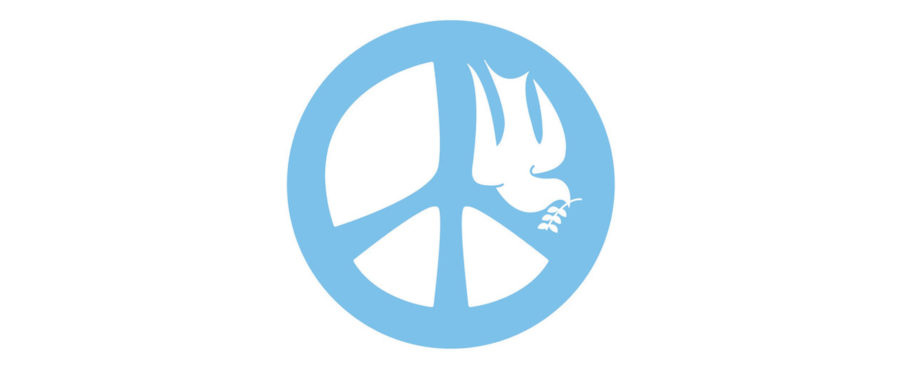11th October 2019 Geneva, Switzerland
UK funded project on integrating conventional arms control with conflict prevention gets started

I am delighted to announce that the United Nations Institute for Disarmament Research (UNIDIR) project that I mentioned in my previous blog on integrating conventional arms control into the UN’s conflict prevention and management activities got underway this month. The United Kingdom has provided seed funding to UNIDIR to get the project started.
The project will address the continued underuse of conventional arms control treaties and frameworks in preventing, managing and resolving modern conflicts. It will look at ways of better integrating understanding of conventional arms control into United Nations peace making and peacebuilding processes.
This will include:
- Furthering understanding on the connections between conventional arms control and conflict prevention by taking stock of efforts to integrate conventional arms control into the UN’s prevention, peacekeeping, peacebuilding and development agendas;
- Identifying challenges in applying existing conventional arms control in wider peace, security and development activities, and developing solutions to overcome these;
- Raising awareness on the impact of illicit arms amongst United Nations conflict prevention and management actors and identifying ways to mitigate the risks associated with this; and
- Strengthening the community of practitioners to allow the UN to integrate more effectively arms related risks and impacts into its work.
As a start on this latter point, the project will ensure better collaboration between UNIDIR, the Department of Political and Peacebuilding Affairs (DPPA), Department of Peace Operations (DPO) and the Office for Disarmament Affairs (UNODA). We encourage these entities to join up to develop guidance for weapons management in and round conflict. We also hope that this will ensure more joined up work between the two Disarmament hubs in Geneva and New York.
An example of the type of lessons that the project can draw upon is Papua New Guinea. Here arms control is a key prerequisite to being able to hold a referendum on independence for Bougainville and for mitigating the risk that, should some not agree with the outcome, they take up arms again to force the issue.
Finally, I am pleased that my compatriot Simon Yazgi will lead this project for UNIDIR. I spoke to Simon and he said: “Having spent many years in peacekeeping and peace mediation I have seen first-hand the impact of arms and how disarmament and arms control can support efforts to preserve, make or build peace. I have also seen how much more the UN could do to unite its efforts in these overlapping fields. As such I look forward to working closely with colleagues to find practical responses to this issue and to bring closer together the two often separate worlds of arms control and prevention.”
It only remains for me to wish Simon and colleagues good luck for this important project.